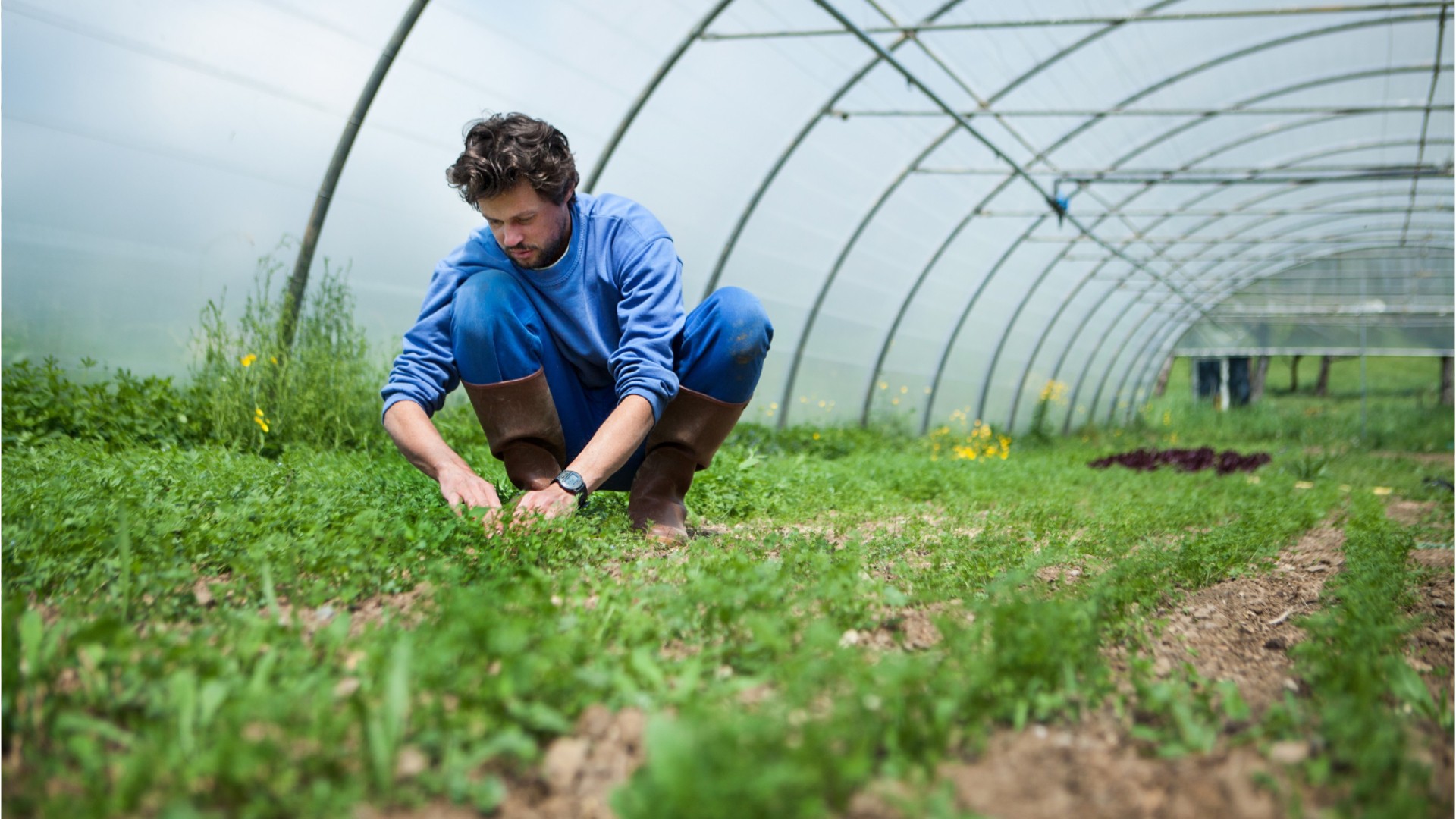Food Science Technicians
Central Laboratory Technician (CLT), Laboratory Technician (Lab Tech), QC Tech (Quality Control Technician), Quality Assurance Analyst (QA Analyst)
 Select a military branch to see samples.
No similar titles were found.
Select a military branch to see samples.
No similar titles were found.
Field Veterinary Service; Food Safety Officer; Intelligence Analyst; Unit Supply Specialist; Veterinary Corps Officer; Veterinary Food Inspection Specialist; Veterinary Preventive Medicine
No similar titles were found.
No similar titles were found.
No similar titles were found.
No similar titles were found.
What they do:
Work with food scientists or technologists to perform standardized qualitative and quantitative tests to determine physical or chemical properties of food or beverage products. Includes technicians who assist in research and development of production technology, quality control, packaging, processing, and use of foods.
On the job, you would:
- Taste or smell foods or beverages to ensure that flavors meet specifications or to select samples with specific characteristics.
- Measure, test, or weigh bottles, cans, or other containers to ensure that hardness, strength, or dimensions meet specifications.
- Maintain records of testing results or other documents as required by state or other governing agencies.
Knowledge
Manufactured or Agricultural Goods
- food production
- manufacture and distribution of products
Arts and Humanities
- English language
Math and Science
- chemistry
- biology
Engineering and Technology
- computers and electronics
Skills
Basic Skills
- reading work related information
- listening to others, not interrupting, and asking good questions
Problem Solving
- noticing a problem and figuring out the best way to solve it
Abilities
Verbal
- communicate by speaking
- communicate by writing
Ideas and Logic
- make general rules or come up with answers from lots of detailed information
- use rules to solve problems
Math
- add, subtract, multiply, or divide
- choose the right type of math to solve a problem
Personality
People interested in this work like activities that include practical, hands-on problems and solutions.
They do well at jobs that need:
- Cautiousness
- Attention to Detail
- Dependability
- Integrity
- Achievement Orientation
- Cooperation
Technology
You might use software like this on the job:
Data base user interface and query software
- Microsoft Access
- Microsoft SQL Server
Presentation software
- Microsoft PowerPoint
Electronic mail software
- IBM Lotus Notes
- Microsoft Outlook
Education
Education: (rated 3 of 5)
bachelor's degree or
associate's degree
usually needed
associate's degree
usually needed
Job Outlook
Bright
New job opportunities are very likely in the future.
Explore More
- Agricultural Inspectors
- Agricultural Technicians
- Chemical Technicians
- Food Scientists & Technologists
- Quality Control Analysts
You might like a career in one of these industries:
See more details at O*NET OnLine about Food Science Technicians.






